Wild ‘15-minute city’ conspiracy explodes
A plan to make our suburbs nicer places to live has found itself wrapped in a bizarre new conspiracy theory – and it’s even led to death threats.
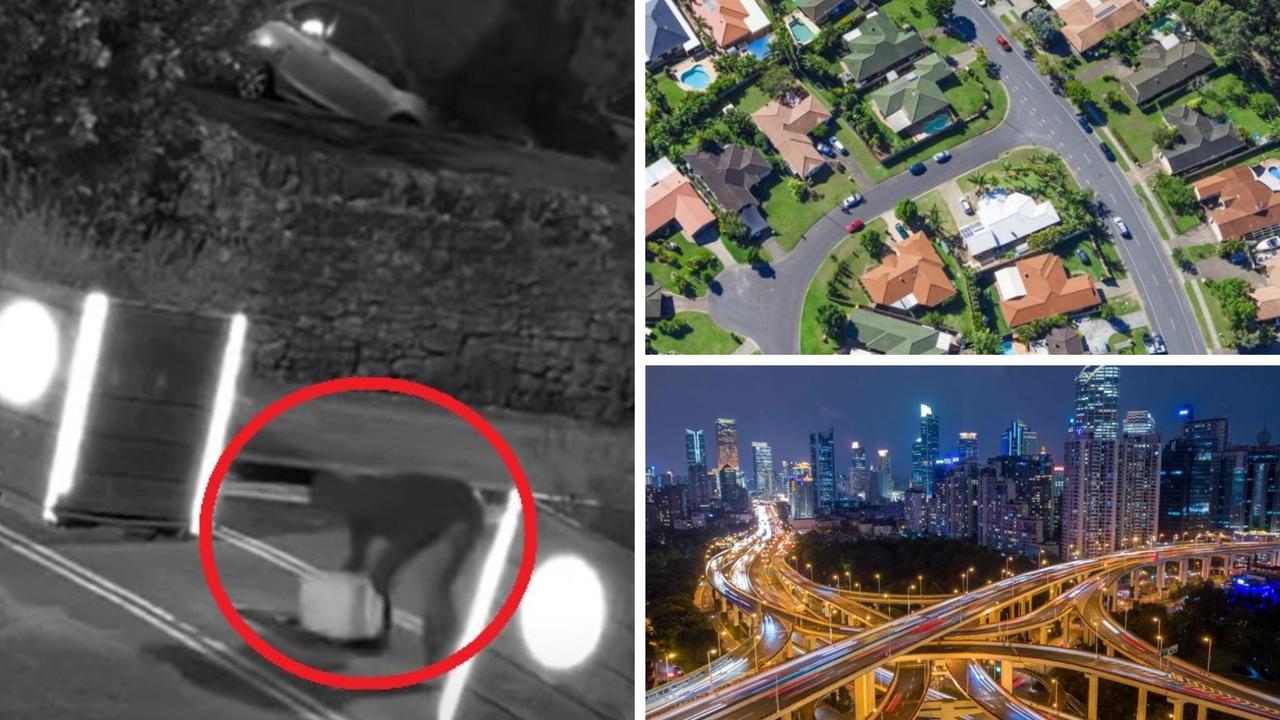
It sounds like a dream, right?
Everything you need – a job, grocery store, your favourite cafe or night haunt – all within a mere 15 minutes.
Fifteen-minute cities to encourage more walking and less driving, are in vogue.
From Barcelona to Paris, Oxford to Edmonton, governments are embracing them.
Closer to home, even Melbourne has implemented a pilot program of the idea.
But as it has grown in popularity, so have the bizarre conspiracy theories around it.
And after Covid lockdowns, the hysteria around the concept has exploded.
In one English city people have been seen vandalising traffic calming measures to stop what they see us a nefarious plot by shadowy elites – rather than just a plan to get to the shops quicker. There have even been death threats.
The 15-minute city is part of the wider “Smart City” concept to make cities work better for residents.
It’s the brainchild of Franco-Colombian urbanist Carlos Moreno, who argues because of urban sprawl, “our sense of time is warped” as we adjust to the long commutes of car-centric cities.
Endless suburbs that are mostly residential mean to go to a doctor or to see a film can involve a long journey.
Instead, Mr Moreno advocates more services closer to where people live. So should residents choose they can cycle or walk to get to all everyday essentials in just 15 minutes. However equally, should they want to travel for an hour to their favourite art gallery, they can.
These spaces encourage walking and cycling, leading to a multitude of health, environmental and economic benefits.
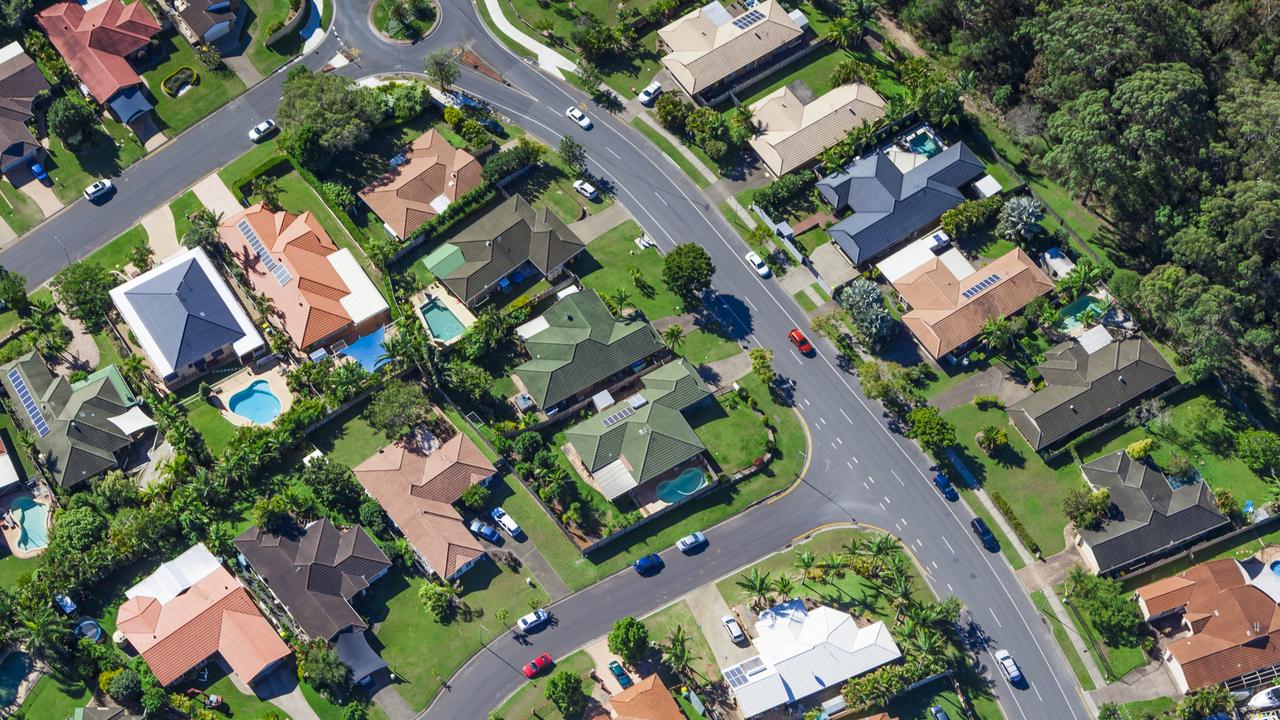
New conspiracy theory
But naysayers appear to believe the 15-minute city is a Stalin-style plot by governments to keep people locked down and controlled.
Take social media. The top results in a search for “15-minute city” on TikTok contain mostly paranoid videos, including claims the schemes will restrict residents’ movements and fine them for leaving their home districts.
A search on Twitter brings up the hashtag #15minuteprisons in third place after #15minutecities and #15minutecity.
Edmonton, Canada, is the latest city to experience kickback after experimenting with the idea of making everything more accessible for residents.
“You will spend 90 per cent of your life in this 15-minute area as they are monitoring your carbon footprint,” a flyer circulating warns ominously.
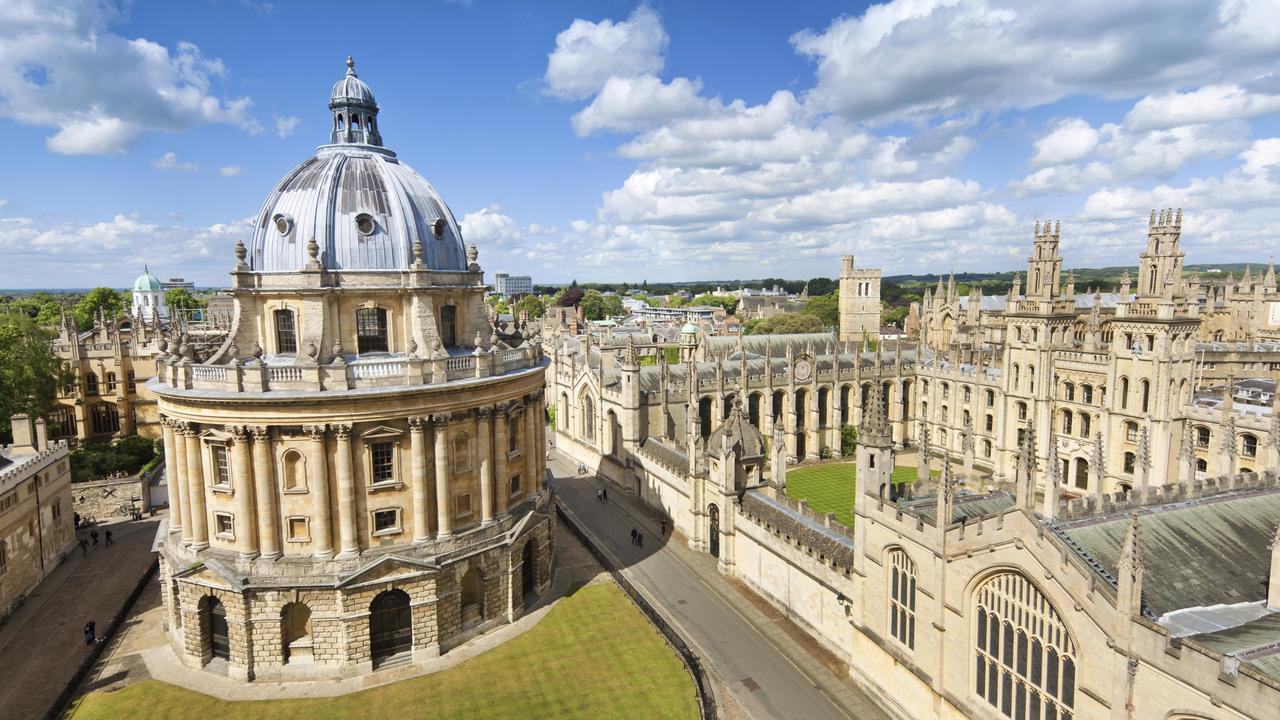
Earlier this year another protest in the UK was held to oppose 15-minute city proposals in Oxford, connecting the plan to pandemic lockdowns.
Indeed, the British university city has become a lightning rod for the issue.
The council’s 15-minute neighbourhood proposal would see some traffic measures put in place – called “traffic filters” – to prevent congestion and cars cutting through small suburban streets as well as giving priority to buses and bikes.
It’s no doubt these measures are controversial. Motorists could be charged as much as $130 if they stray on to the wrong streets at certain times of day.
But the council has stressed city residents will be able to get to any suburb – though they might need to take major roads instead.
Death threats
Nonetheless, wild claims abound on social media.
“You’re going to have to apply for a f***ing permit to leave your zone,” one TikToker yells. Some believe the plan is to force people to stay within their suburb as part of a “climate lockdown”.
The UK’s ITV News showed footage of a man pulling up a bollard on a street and filling the hole with cement to prevent another being inserted.
But Oxfordshire County Council has pointed out its new traffic measures would involve cameras – not bollards. So the wrong thing was vandalised.
Some councillors have even reported death threats.
“People have come up to me and said: ‘Is it true that we’re not going to be allowed out of our houses, that it’s going to be just like the coronavirus lockdown?’” Oxford councillor Emily Kerr told the BBC.
“When people get very worried about it, and then realise it’s not true, I think they’re just relieved,” she said. “It’s really worrying; it scares people.”
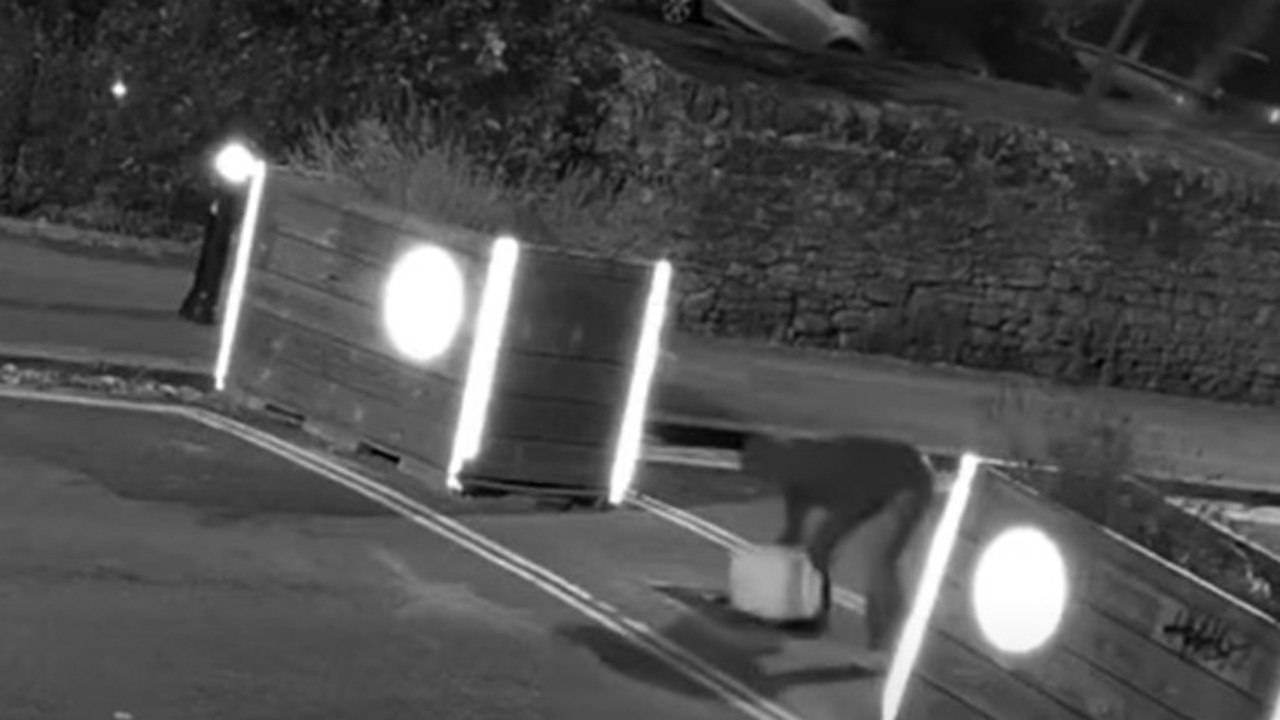
Jordan Peterson weighs in
Even Canadian psychologist Jordan Peterson entered the fray.
“The idea that neighbourhoods should be walkable is lovely. The idea that idiot tyrannical bureaucrats can decide by fiat where you’re ‘allowed’ to drive is perhaps the worst imaginable perversion of that idea – and, make no mistake, it’s part of a well-documented plan,” he wrote.
The idea that neighborhoods should be walkable is lovely. The idea that idiot tyrannical bureaucrats can decide by fiat where you're "allowed" to drive is perhaps the worst imaginable perversion of that idea--and, make no mistake, it's part of a well-documented plan. https://t.co/QRrjVF615q
— Dr Jordan B Peterson (@jordanbpeterson) December 31, 2022
Associate Professor of International Planning at RMIT Marco Amati said while some scholars criticise 15-minute cities because they may increase inequalities, he believes the benefits outweigh the costs.
But he says conspiracy theories, while they are clearly wrong, should not be dismissed as “unimportant or uninteresting”.
“What are the motivations for confecting these ideas?” he said.
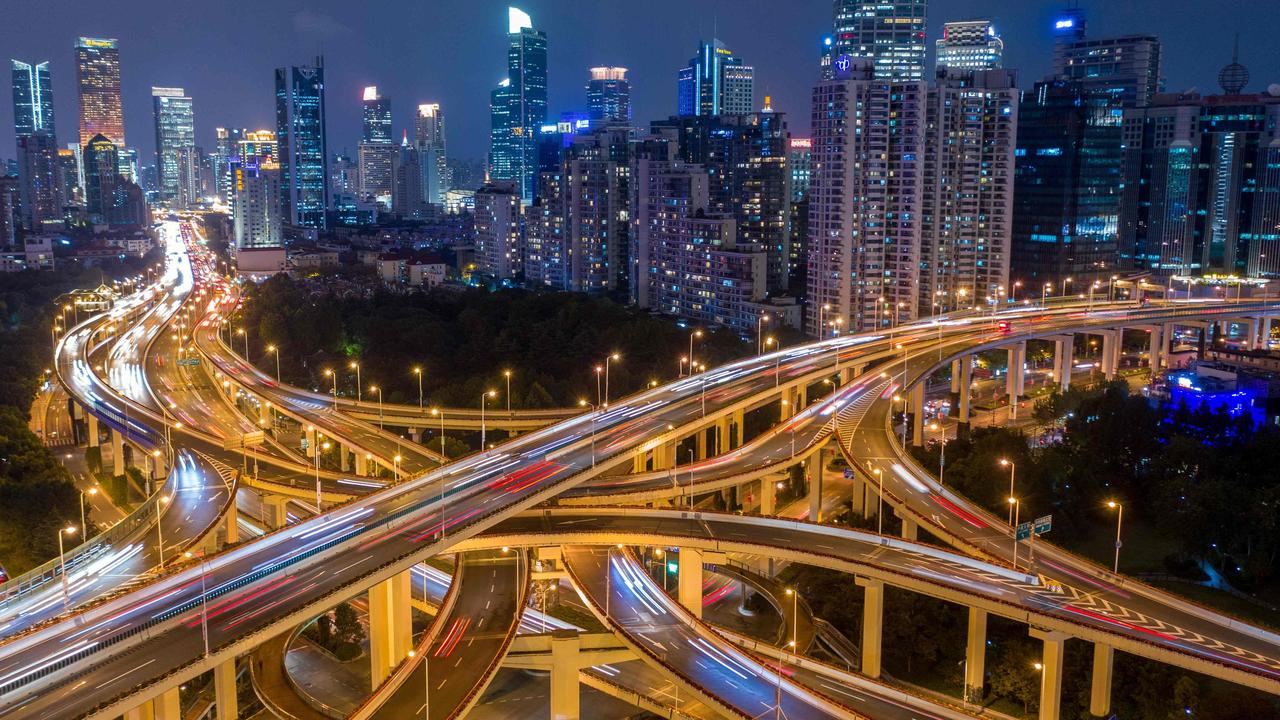
“We are at a critical moment in history for the future of cities because of ecosystem collapse.
“Fifteen-minute cities are one of a number of sensible and cheap interventions available to enable cities to adapt to this new reality.”
He says once people accept change they come to realise the benefits of an improved urban environment. But the initial objection to change provides an opportunity for conspiracy theories to colonise the political space.
“The key question for policy makers therefore is one of time: Can a positive urban intervention be protected for long enough so that people feel it is an improvement and therefore support it, before a conspiracy theory arises to debunk it?”
Meanwhile, brainchild Mr Moreno has been personally targeted.
Speaking to Forbes, he said the theories were insane.
“They insult me, call me human trash, Neo-Fascist or a rotten Latino,” he said.
“Their lies are enormous.”
But he stands by his concept.
“I am very proud to see the ideas … going around the world,” he said.
“We must make urban life more pleasant, agile, healthy, and flexible.”






